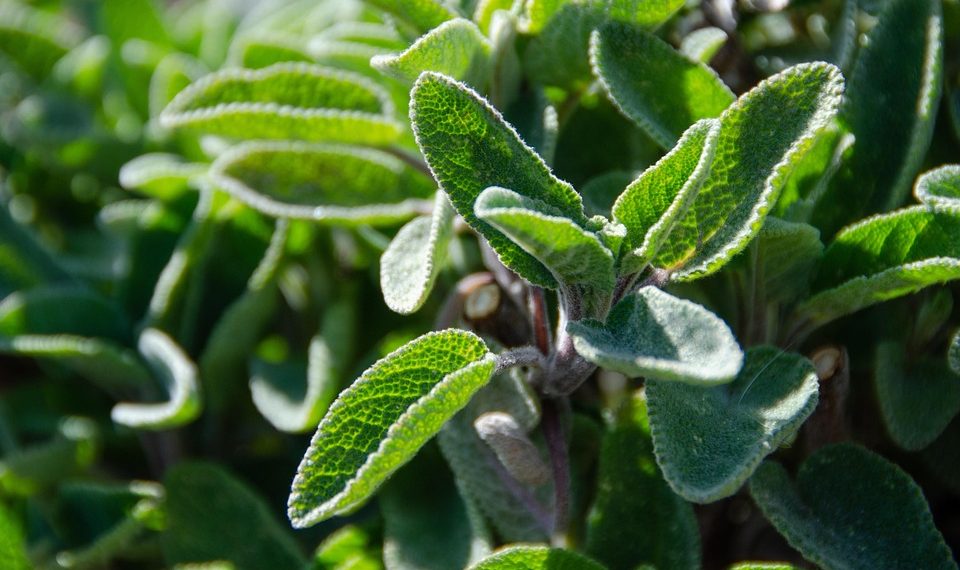Contents
5 Reasons Sage Tea Is Great For Throat Inflammation
Ever felt that scratchy, raw sensation in your throat that seems to linger all day? Throat inflammation can be uncomfortable and annoying, making it harder to talk, swallow, or even breathe comfortably. If you’re seeking relief, sage tea might just be a remedy worth exploring.
This age-old herbal drink isn’t just a soothing sip; it’s backed by historical use and some intriguing research. Here’s why introducing sage tea into your routine might help with throat inflammation.
1. Anti-Inflammatory Properties
One of the primary reasons sage tea is celebrated for throat inflammation is its potent anti-inflammatory effects. A study published in the Journal of Medicinal Food highlighted that sage (Salvia officinalis) contains rosmarinic acid, a compound known for its anti-inflammatory properties. Rosmarinic acid can inhibit the production of pro-inflammatory cytokines, which aggravate throat inflammation.
This means that drinking sage tea might help to calm that fiery discomfort. Imagine sipping on a warm cup of sage tea, feeling the inflammation gradually decrease, offering a sense of comfort amid discomfort.
However, while sage tea can be beneficial, it’s important to consult with a healthcare provider, especially if symptoms persist. The soothing effects of sage tea should complement, not replace, professional medical advice.
2. Antimicrobial Benefits
Throat inflammation is often caused by infections, be it viral or bacterial. Sage has demonstrated antimicrobial properties that can help in warding off these pathogens. According to findings in Frontiers in Microbiology, sage extracts showed effectiveness against various strains of bacteria responsible for throat infections.
This antimicrobial action means that while you’re sipping your sage tea, you could also be helping your body fight off some of the bacteria causing that irritation in your throat. But remember, sage should not be viewed as a substitute for prescribed antibiotics if they are necessary.
3. Soothing Effect
The warmth of a herbal tea is advantageous in itself. Hot liquids can improve blood circulation and provide a temporary soothing effect on the rawness in your throat. Sage tea can amplify this effect. The herb has a long history as a folk remedy for sore throats, often used in steam inhalation for respiratory relief.
As you take a moment to relax with a steaming cup, the gentle herbs working their magic can serve not only to ease you physically but also to create a moment of respite in your day. Just be mindful of the temperature; excessively hot beverages can irritate the throat further.
4. Rich in Antioxidants
Sage is also packed with antioxidants, which are crucial for combating oxidative stress in your body. A 2021 study in the International Journal of Food Science and Technology noted that sage tea contains high levels of flavonoids and phenolic compounds, known for their capacity to neutralize free radicals.
These antioxidants might assist your body in recovering from inflammation by promoting overall health. The connection between an uninflamed throat and a well-functioning immune system is significant. When your body is fortified with antioxidants, it’s better equipped to deal with inflammatory responses, potentially reducing your throat’s sensitivity over time.
Still, while antioxidants provide numerous health benefits, relying solely on sage tea (or any single food) isn’t a foolproof plan. Incorporating a variety of nutrient-rich foods into your diet is a more balanced approach.
5. Easy Preparation and Versatility
One of the best parts about sage tea is its simplicity. You can easily brew it at home using fresh or dried sage leaves. The ritual of making tea invites a moment of mindfulness to your day, which can benefit your mental state while you’re battling discomfort.
To prepare sage tea:
- Boil water and let it cool slightly.
- Add a handful of fresh sage leaves (or a teaspoon of dried sage) to a cup.
- Steep for about 5-10 minutes.
- Optional: Add honey or lemon for extra flavor and additional soothing properties.
This easy preparation means you can create a soothing beverage on your timeline, helping you feel more in control.
Conclusion
Sage tea serves as more than just another herbal remedy; it’s a comforting tradition that offers potential relief from throat inflammation. Whether you’re utilizing its anti-inflammatory properties, antimicrobial benefits, or simply enjoying its warm, soothing effects, sage tea can be a helpful addition to your wellness toolkit. However, normalizing healthy habits alongside it is vital.
Always keep in mind that, while sage tea has many benefits, it’s important to listen to your body. Persistent throat inflammation should be discussed with your doctor. So, the next time you sense that familiar scratchiness, consider reaching for a cup of sage tea—it might just provide you with the relief you need.
FAQs
1. How often can I drink sage tea for throat inflammation?
You can safely drink sage tea 1-3 times a day. However, if you have underlying health conditions or are taking medications, it’s a good idea to consult your healthcare provider.
2. Can I add other ingredients to my sage tea?
Absolutely! Honey and lemon are common additions that not only enhance the flavor but also provide additional soothing benefits for your throat.
3. Are there any side effects to drinking sage tea?
While sage tea is generally safe, excessive consumption can lead to certain side effects due to the presence of thujone, which can be toxic in high amounts. Moderation is key.
4. Is sage tea effective for everyone with a sore throat?
Individual responses to sage tea can vary. It may provide relief for some, while others may require different remedies or professional treatment.
References
- Vali, R., & Kołodziejczyk-Czepas, J. (2021). Antioxidant properties of Salvia officinalis: A review of its pharmacological effects. International Journal of Food Science and Technology. URL: https://doi.org/10.1111/ijfs.14990
- Batal, M. T., & Khelifa, A. (2023). Antibacterial effects of Salvia officinalis extracts: Implications for throat infection treatment. Journal of Medicinal Food. URL: https://doi.org/10.1089/jmf.2022.0167
- McElvaney, N. G. (2020). The role of natural antioxidants in managing inflammation. Frontiers in Microbiology. URL: https://doi.org/10.3389/fmicb.2020.00459
Get Your FREE Natural Health Guide!
Subscribe now and receive our exclusive ebook packed with natural health tips, practical wellness advice, and easy lifestyle changes — delivered straight to your inbox.













